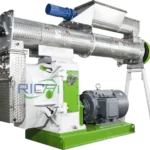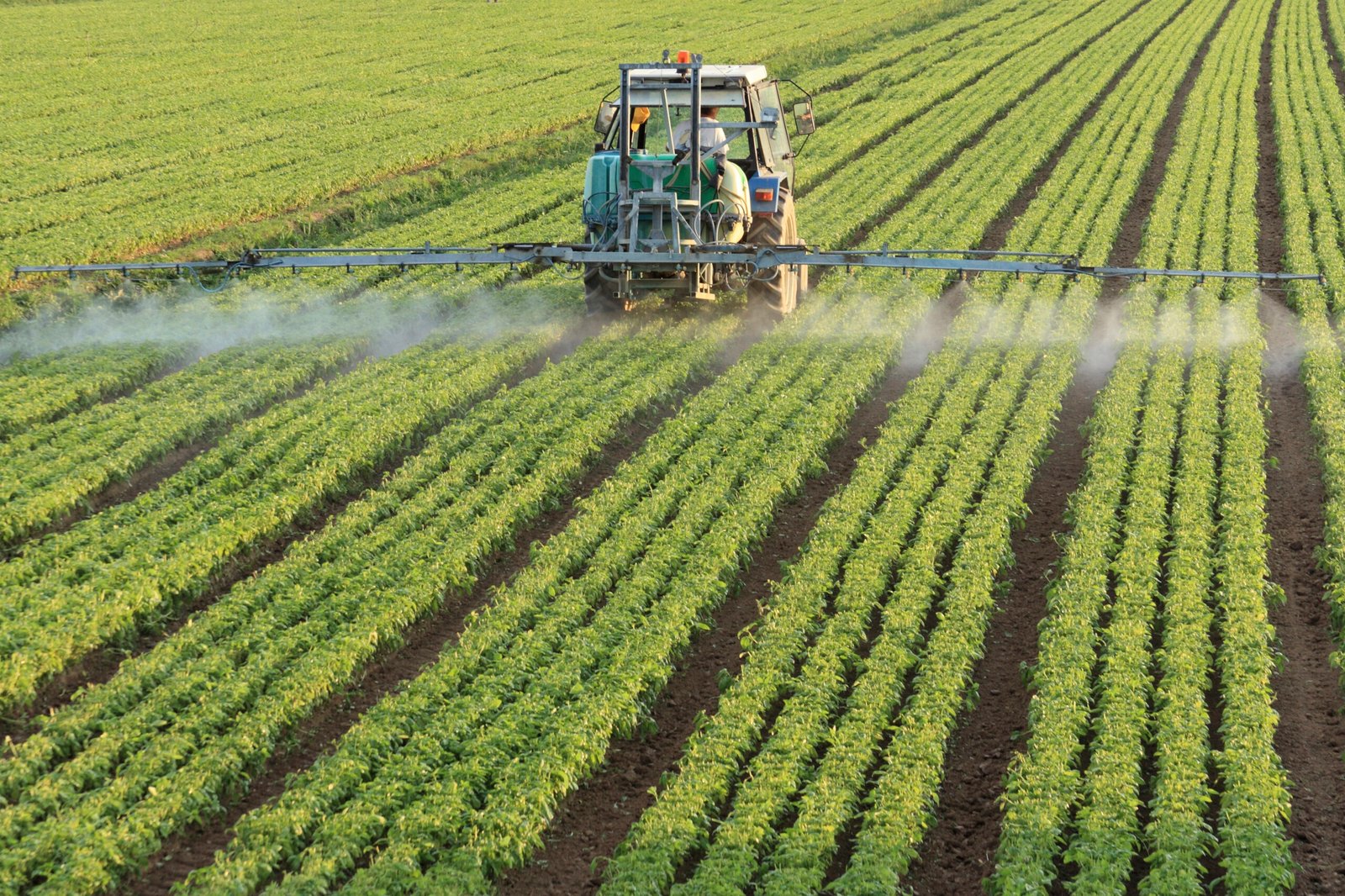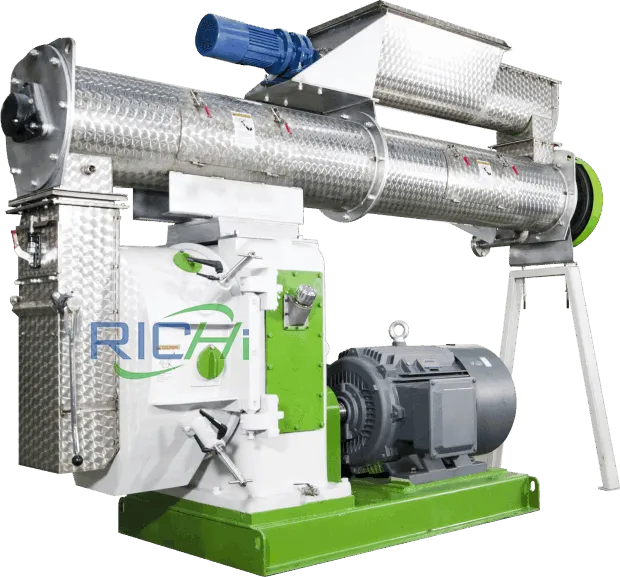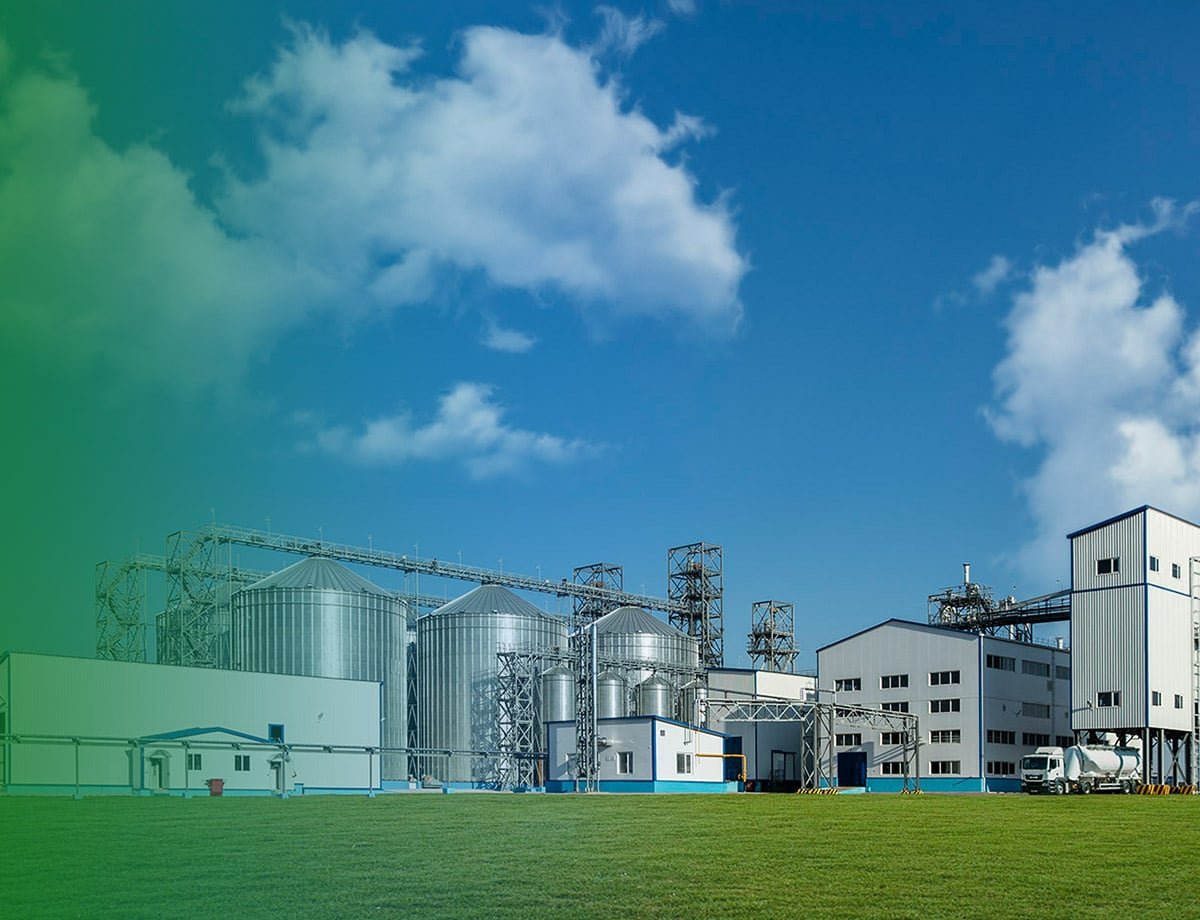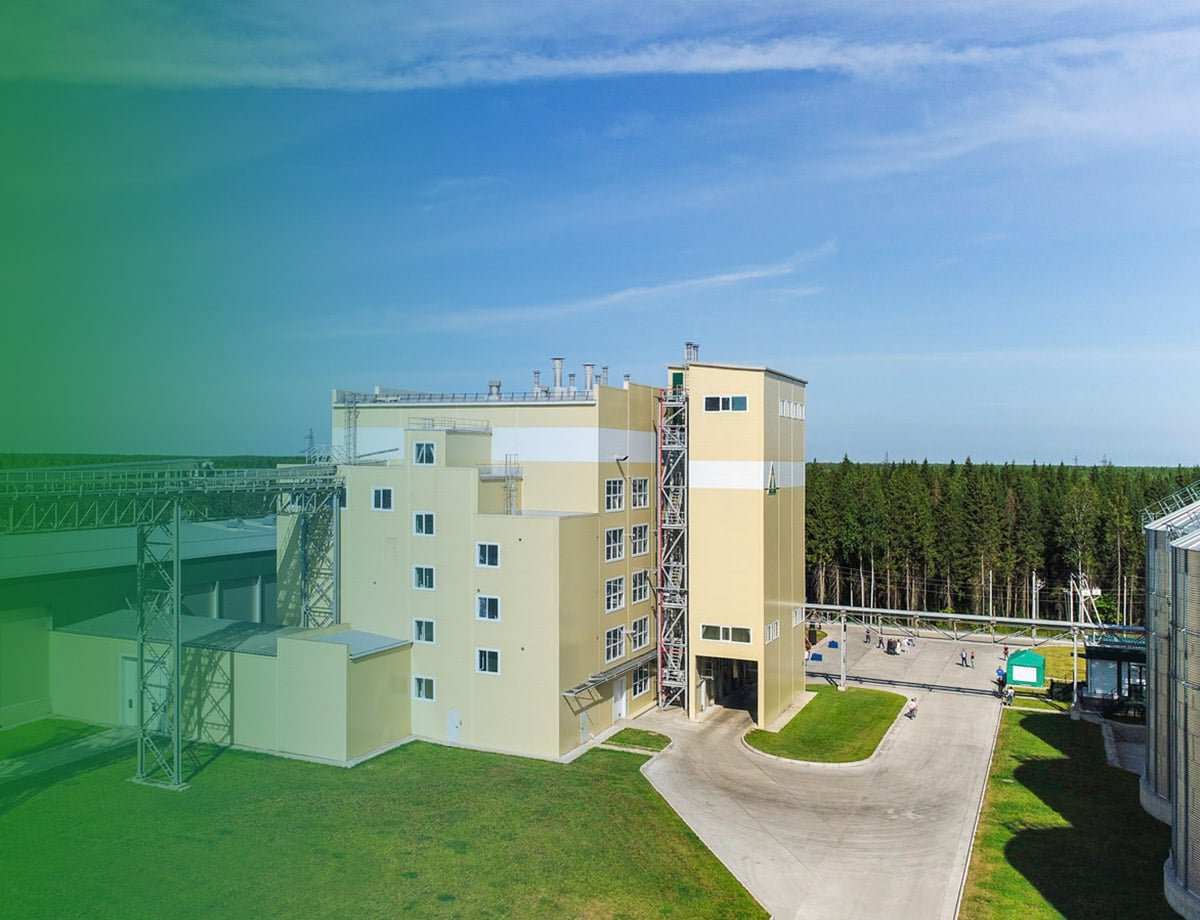Organic farming, a term that has gained significant traction in the past few decades, represents an approach to agriculture that emphasizes environmental sustainability, health, and ecological balance. This essay delves into the core principles, practices, and impacts of organic farming, supported by data and factual analysis.
Definition and Principles of Organic Farming
Organic farming is a method of farming system which primarily aimed at cultivating the land and raising crops in such a way, as to keep the soil alive and in good health by use of organic wastes (crop, animal and farm wastes, aquatic wastes) and other biological materials along with beneficial microbes (biofertilizers) to release nutrients to crops for increased sustainable production in an eco-friendly pollution free environment.
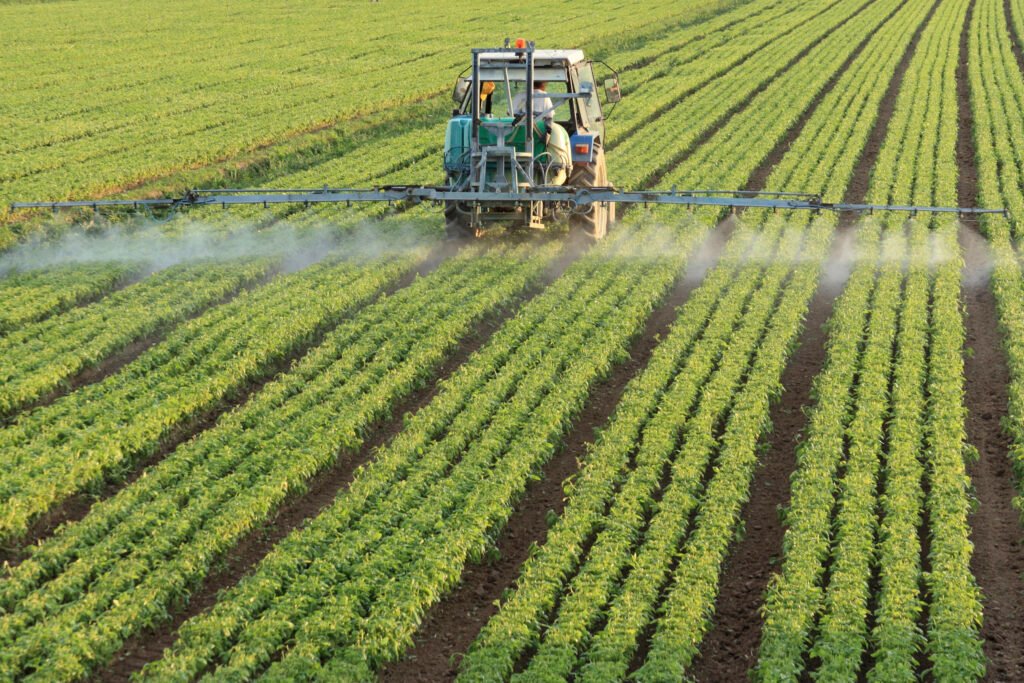
Key principles include:
- Avoidance of Synthetic Chemicals: Unlike conventional farming, organic agriculture strictly limits the use of synthetic fertilizers and pesticides. According to the Organic Trade Association, organic farming uses natural fertilizers such as compost and manure, which recycles animal wastes back into the farm.
- Promotion of Biodiversity: The Food and Agriculture Organization (FAO) highlights that organic farming encourages a diversity of species, maintaining a balance within the ecosystem. Crop rotation, a common practice in organic farming, supports biodiversity and enhances soil structure and fertility.
Practices and Techniques
Organic farming includes several practices that collectively contribute to its overarching goals:
- Soil Management: Organic farmers rely on biological processes to enhance soil fertility. A study published in the Journal of Environmental Management found that organic farming can increase soil organic matter by 3.5% in a 10-year period.
- Pest and Weed Control: Instead of chemical herbicides and pesticides, organic farming uses natural methods. For example, biological pest control and mechanical cultivation are common practices.
- Water Conservation: Organic farming methods tend to improve soil structure, leading to better water retention, as per research by the Rodale Institute. This implies a reduced need for irrigation and a more efficient use of water resources.
Impact and Efficacy
The impact of organic farming is multidimensional:
- Environmental Impact: The absence of synthetic chemicals means reduced water pollution and soil degradation. The journal “Science Advances” published a study indicating that organic farms support 34% more plant, insect, and animal species compared to conventional farms.
- Yield and Efficiency: While it’s a common belief that organic farming produces lower yields, a study in “Nature” suggests that with proper management, organic yields can be only 20% lower than conventional yields, a gap that can be narrowed with further research and development.
- Economic Viability: The demand for organic products is rising, with the global market for organic food reaching $97 billion in 2017 (IFOAM – Organics International). This suggests a growing economic incentive for farmers to adopt organic practices.
Challenges
Despite its benefits, organic farming faces several challenges:
- Higher Costs and Labor Intensity: Organic farming often requires more labor and a higher cost for organic inputs.
- Certification and Regulation: Obtaining organic certification can be a complex and costly process, hindering smaller farms from entering the organic market.
Conclusion
Organic farming represents a viable, environmentally friendly approach to agriculture. Its principles and practices aim at maintaining ecological balance and promoting biodiversity. While challenges exist, the increasing demand for organic products and the potential for sustainable environmental impact make organic farming a crucial component of future agricultural practices. Continued research and development in this field are essential to overcome its limitations and enhance its efficacy and accessibility.

